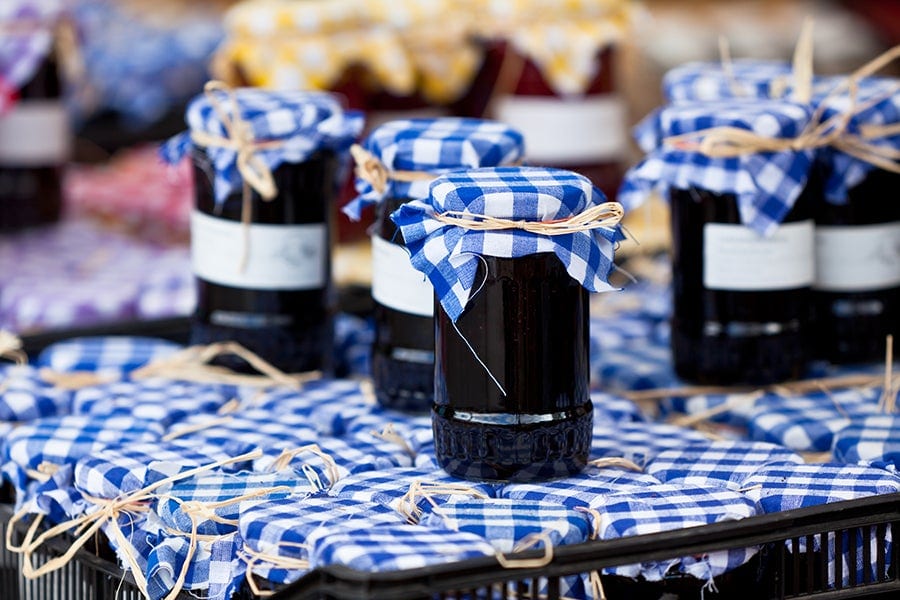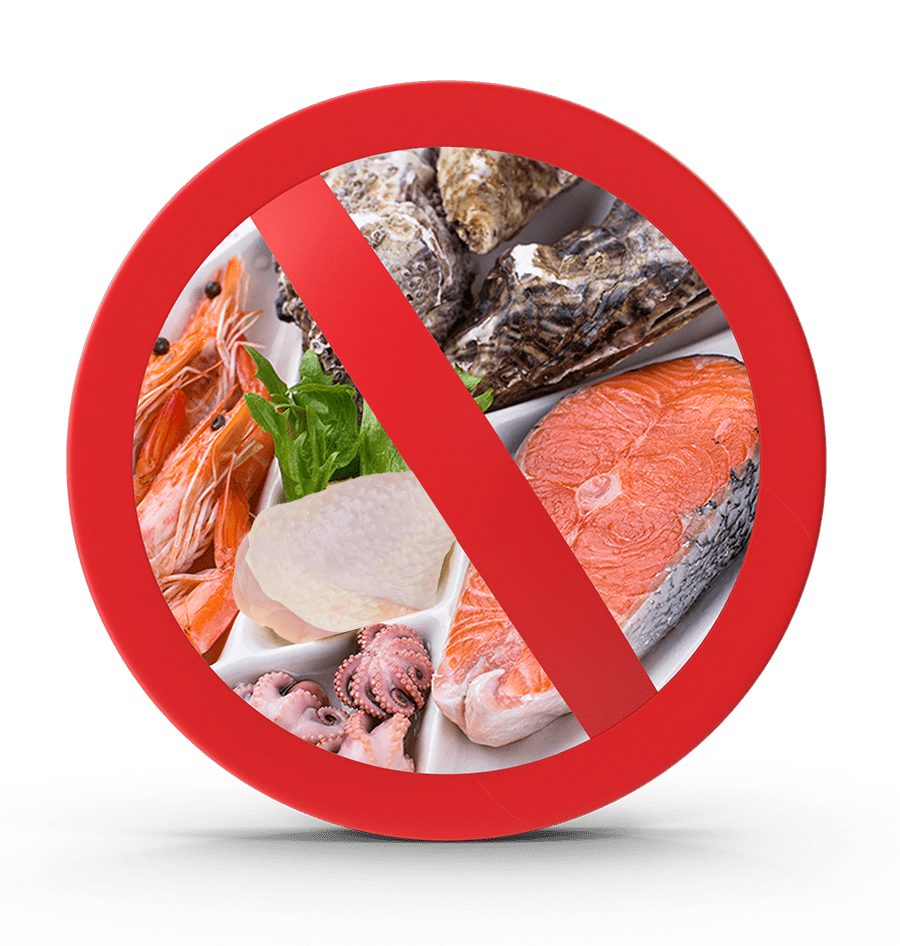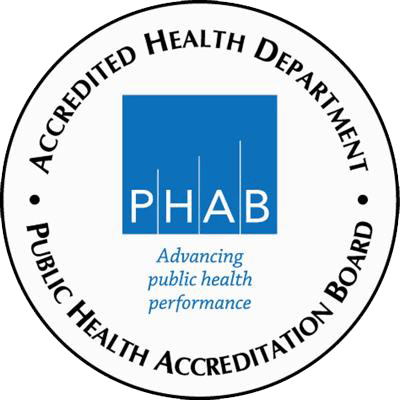Beginning on January 1, 2022, there is a new Home-To-Market process that allows entrepreneurs to register to bring certain foods to the marketplace from production in a kitchen not inspected by a health department. This process requires registration with a local health department and adherence to specific guidance and regulations. Below is information for consumers who purchase home-to-market goods.
What To Know About Home-To-Market Food Operators
- They must have completed a Certified Food Protection Manager course and a Food Allergen training course in order to be registered as a Cottage Food operator.
- Home-To-Market Food Operators home/farm kitchens are not inspected by the local Health Department unless:
- there is a customer complaint or foodborne illness outbreak; or
- if the Health Department has reason to believe that an imminent health hazard exists; or
- in the event of misbranding, adulteration, or non-compliance with the Cottage Food Act.
How To Tell If A Food Product Is From A Home-To-Market Food Operator
Home-To-Market Food Operators must post a notice in a prominent location at the point of sale that states: “This product was produced in a home kitchen not inspected by a health department that may also process common food allergens.”
The product itself must also be labeled with the following information:
- The following statement: “This product was produced in a home kitchen not inspected by a health department that may also process common food allergens. If you have safety concerns, contact your local health department”;
- Name of the Home-To-Market Food Operation and where the Home-To-Market Food Operation is located;
- The registration number provided by the Health Department and the municipality or county in which the registration was filed;
- The name of the food product;
- Complete ingredient listing, including any color, artificial flavor, and preservative, listed in descending order by predominance of weight shown with the common or usual names;
- The date the product was processed; and
- Allergen labeling as specified under federal labeling requirements.

Where and How Home-To-Market Food Operation Products Can Be Sold
- Home-To-Market Food Operators can only sell directly to consumers
- Home-To-Market Food products may be sold at or through:
- Farmer’s Markets;
- Fairs, festivals, public events, or online;
- From the Home-To-Market Food Operators home or farm, if the pickup is not prohibited by any law of the unit of local government;
- By direct delivery to customer. or
- Non-Potentially hazardous foods may be shipped within Illinois.

What Items Are Not To Be Sold By Home-To-Market Food Operators
- Meat, poultry, fish, seafood, shellfish;
- Dairy, except as an ingredient in a non-potentially hazardous baked good or candy or as an ingredient in a baked good frosting;
- Eggs, except as an ingredient in a non-potentially hazardous food or as an ingredient in a baked good frosting if the eggs are not raw;
- Pumpkin pies, sweet potato pies, cheesecakes, custard pies, crème pies, and pastries with potentially hazardous fillings or toppings;
- Garlic in oil or oil infused with garlic, except if the garlic oil is acidified;
- Low-acid canned foods;
- Sprouts;
- Cut leafy greens, except for cut leafy greens that are dehydrated, acidified, or blanched and frozen;
- Cut or pureed fresh tomato or melon;
- Dehydrated tomato or melon;
- Frozen cut melon;
- Wild-harvested, non-cultivated mushrooms;
- Alcoholic beverages; or
- Kombucha

If you have safety concerns or questions regarding Home-To-Market products purchased please contact us here.

